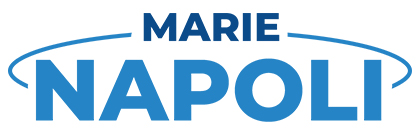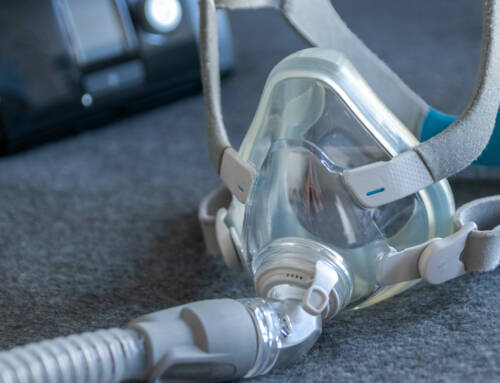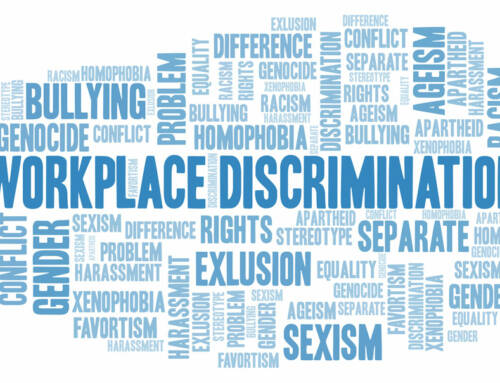New Yorkers will probably feel the effects of necessary coronavirus shutdowns for years or even decades. One of these impacts, which is not getting too much media attention, is related to a sudden spike in benzodiazepines.
In the early days of the pandemic, these prescriptions increased 34 percent. Much of this increase occurred in the second week of March 2020, when coronavirus shutdowns first went into effect. Furthermore, “patients taking medications that cause dependence without access to legitimate prescriptions may resort to tainted, black market drug supplies, as was the case when prescription opioids became more difficult to get from physicians,” the study authors warned.
Ironically, the coronavirus pandemic later partially reduced the number of benzodiazepine prescriptions. As spring turned into summer, many of these patients were unable to connect with providers and others lost employer-sponsored health insurance plans.
Dangers of Pain Pill Abuse
Before the pandemic, this anti-anxiety drug was already one of the most prescribed, and most abused, pain pills in the United States. This powerful drug has a number of serious side effects. Benzodiazepines are even more dangerous when people take them with Vicodin or other opioid pain pills. This common combination is almost impossible to treat.
Individuals
Physical and emotional pain pills, like Vicodin and benzodiazepines, are extremely addictive. People quickly develop a tolerance to these drugs. As a result, they must consume ever increasing amounts to get the same effect.
Furthermore, when doctors cut these people off, they often turn to heroin. This drug is even more addictive. Furthermore, it’s completely unregulated. The terrifying sanitation issues are almost as bad as the health issues.
In a nutshell, prescription drug abuse sends many victims into a downward spiral. This downward spiral often causes serious injury.
Counterfeit Pills
Counterfeit pills are a serious problem in the United States. Since the companies which make these pills are not subject to health and safety laws, there is no telling what is in them. For example, in 2019, Drug Enforcement Agency agents seized a large number of counterfeit opioid pills which had high levels of fentanyl. Many people who bought these pills thought they were buying Xanax, benzodiazepines, or another anti-anxiety drug.
“Each time someone takes a counterfeit pain pill, they are playing Russian roulette with their life,” warned DEA Special Agent Richard Salter, Jr.
Governments
When addiction issues hit New York communities, someone has to pick up the pieces. That someone is usually a cash-strapped local government entity.
In response to the opioid epidemic, many communities have spent significant funds on law enforcement, emergency services, and related services which they can ill afford. These communities face a very uncomfortable financial choice. They can cut services in other areas or raise taxes to pay for the expansions.
Doctors and Medical Malpractice
Some doctors prescribed pills without thoroughly reviewing the patient’s medical history. Frequently, these doctors worked at semi-legal “pill mills” where almost anyone could get almost unlimited supplies of powerful opioid drugs.
These activities violate a doctor’s fiduciary duty. This legal responsibility requires doctors to cast aside all other concerns, especially making money, and only do what is best for their patients. Prescribing drugs which are many times more powerful than morphine to address something like toothache pain is clearly not in the patient’s best interest.
Drug Shipping Companies and Public Nuisance
Medical malpractice is only a part of the problem. The reckless behavior of drug shipping companies is a much bigger component of this issue.
Federal laws, such as the Controlled Substances Act, place a number of restrictions on drug shipping companies. Instead, many companies transported boxes and did not ask questions. These companies paid the price.
Cardinal Health, McKesson, and AmerisourceBergen, the so-called Big Three opioid drug distributors, were parties to a $26 billion settlement. Essentially, the underlying suit alleged that the drug distributors and manufacturers created a public nuisance. Several decades ago, personal injury lawyers used similar theories to obtain large class action settlements against the tobacco industry and Fen-Phen diet pills.
Pain Pill Manufacturers and Defective Products
Attorneys also use the public nuisance theory to obtain compensation for governmental units which were forced to over-commit resources to combat the epidemic. Other pain pill legal actions allege that the pain pill manufacturers, such as Perdue, sold and marketed dangerous products.
Beginning in the 1990s, there was a pain pill arms race. Manufacturers tried to release the most powerful, and thus most addictive, pills possible. Also in the 1990s, government regulators allowed drug makers to market their wares directly to the public. Many pill manufacturers took advantage of this freedom. They intentionally marketed addictive pills to vulnerable, low-income communities.
If the opioid crisis has affected you, you probably have legal options. For a free consultation with an experienced personal injury attorney in New York, contact Marie Kaiser Napoli. You have a limited amount of time to act.






